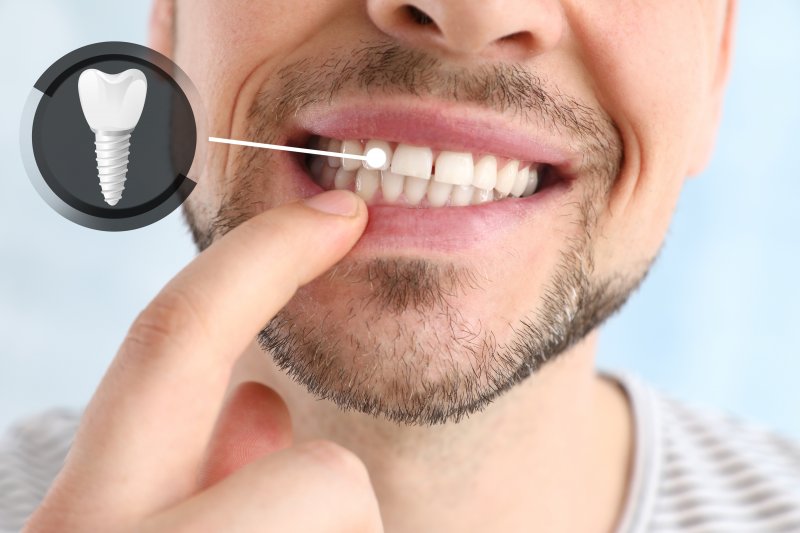As lifelike as they may be, dental implants aren’t “real” teeth; they don’t decay or get infected like the rest of your smile can. Having said that, what does it mean when a dental implant feels sensitive? The problem can be rather worrying and unexpected if (or when) it crops up. Well, rest assured – there’s a good explanation for this matter. Here are some common causes of implant sensitivity and why you should discuss them with a dentist.
What Makes a Dental Implant Sensitive?
Dental implants can’t “feel” sensitive in themselves – they’re artificial and lack nerve endings. That said, the areas around them can get irritated in certain cases. The most common causes of such irritation are:
Tissue Damage
Dentists are careful during dental implant surgery, but the process can sometimes harm gum tissue and nerves. The resulting tissue damage should heal, but any related nerve damage could be lasting and permanent; the latter would leave you sensitive in part of your mouth.
Crowding
You’ll suffer from unpleasant crowding if a dental implant is placed too close to your other teeth. Pressure from the implant post will build and make the surrounding area tender. In severe instances, such pressure could make you feel like the implant is sensitive.
Impaction
You could develop sensitivity if food or debris gets impacted between your implant and natural teeth. For example, even a corn kernel can be irritating when it’s tightly wedged into your gums. To see if you have an impaction, look in the mirror for “leftovers” hanging around your implant post.
Gum Infection
While dental implants don’t get infections, the gums around them still can. A bout of gum disease would cause bone loss in your jaw, leading to your implant post “feeling” loose and painful.
On the other hand, implant placement can also cause other gum issues. Too much cement to secure an implant crown can irritate gums over time.
Why Tell Your Dentist About It?
If your dental implant feels sensitive, there’s a good chance it’s failing. You should see a dentist as soon as possible to confirm whether that’s true. Through a solid oral exam, a dental practice can check you for signs of implant failure like:
- Inflamed and tender gums
- Receding gums
- Trouble with chewing
- Obvious pain and discomfort
- Swollen gums
- Implant looseness
Sensitivity in a dental implant can be a serious problem. Given that fact, visit your dental provider to have it looked over.
About the Practice
Cosmetic & Family Dentistry of Weatherford is based in Weatherford, TX. Led by Drs. Decker, Mulkey, and Romack, our practice aims to provide quality dental care for the whole family. That means we offer preventive, cosmetic, and restorative treatments tailored to each patient’s unique smile! In fact, our office is even equipped to place dental implants that can restore your grin. For more details or to book a visit, please reach us on our website or by phone at (817)-594-3806.

